Today’s the day you present your shiniest new piece of content to your client. You’ve done your research, targeted some great keywords, designed the user journey and it fills a gap in your funnel. You’re sure that it’s going to bring in at least a couple hundred organic visitors a month, more if you’re lucky.
And then your client hits you with this:
“Remove the outbound links, we want to keep the user on OUR site.”

Okay, it’s not the worst thing they could say but it can still be frustrating. Oftentimes these external links support the content and argument perfectly, and taking the links away would remove some of the credibility from the whole piece.
This concern for users leaving your site likely stems from one of the golden rules of conversion rate optimization to “reduce exit points”. Digital marketers have expanded the direct-response intention of this best practice to other contexts where it makes less sense. In fact, I would argue that including external links on your website will ultimately be more helpful and may potentially be a ranking factor.
Linking out to high authority sources as a ranking factor is not a new topic and it’s one that’s been covered, though not empirically.
My goal is to revive this conversation to see if there is an opportunity to find a clear, definitive answer but also to have a resource that SEOs can use to back up their argument when their clients ask them remove outbound links from their content.
History of External Links as a Ranking Factor
As I mentioned, this topic has been covered before in a number of articles. One of the most recent, and most popular, was an article from Reboot Online where they tested two made-up words on 10 gibberish domains and found that the sites that included high-authority, external links unequivocally ranked higher than other domains with very similar content that didn’t include outbound links. By their own admission, this wasn’t conclusive but it was certainly indicative enough to draw a lot of attention.
While Reboot Online was the most recent, they weren’t the first to look into the impact of outbound links on rankings. A survey run by seoco.co.uk discovered that there was a .8427 correlation between linking out and getting links in return which is a really high correlation. While this isn’t ranking, it is a compelling reason to link to external sites and a factor in ranking. Rand Fishkin also wrote about it in 2009 positing that “search engines likely reward the behavior algorithmically”, an assumption supported by Matt Cutts in 2009 when he said “in the same way that Google trusts sites less when they link to spammy sites or bad neighborhoods, parts of our system encourage links to good sites”.
Not everyone agrees that linking out is powerful though, and for every credible source supporting outbound links, there’s an equally credible source debunking it. In this Whiteboard Friday in 2011, Cyrus Shepard shared with us that Moz had found a 0.04 correlation with the number of external links on a page and higher ranking. That’s not a very high correlation. Additionally, John Mueller from Google has been quoted by Barry Schwartz saying “Our point of view, external links to other sites, so links from your site to other people’s sites isn’t specifically a ranking factor. But it can bring value to your content and that in turn can be relevant for us in search. And whether or not they are not followed, doesn’t really matter.”
And so the debate continues, though if you paid close attention to the articles mentioned above you may have noticed the dates. Reboot Online and Barry Schwartz’s article about John Mueller were in 2016 and before that the articles go back as far as 2009. This has been a topic that’s been discussed ad nauseum… but not very much recently.
And we still don’t have conclusive evidence or even a strong correlation…which is why I performed research of my own.
My Methodology

Methodology sections are arguably the most boring, BUT much like the meat of a legislative bill, it is also the most important.
Here’s what I did so you have a full grasp of how I arrived at my conclusions and what gaps there might be as it was incredibly difficult to control for all the variables.
1. I started with a list of 39 keywords in which I tried to get a decent mix of B2C, B2B and content based keywords so that every type of result was represented. I chose these keywords from a list of a few hundred at random, though I had to do a little sculpting by removing branded terms and close variants of ones I already chose.
Obility specializes in business to business marketing so there is a skew towards business to business keywords. About 60% of the keywords were B2B. You’d be surprised how hard it is to get a list of truly random keywords until you need it.
2. I took these keywords and, using Moz’s Mozbar tool, I manually pulled the top 20 results for these keywords. It was exactly as fun as it sounds.
3. With this list of my chosen keywords and their rankings, I used Screaming Frog in order to pull all of the external links to all of the results for each of these keywords.
4. Finally, I pulled the Domain Authority for every external link. If you’re following closely at this point I think you might realize how this methodology could increase the amount of data that you have exponentially the more keywords you use. It did.
I had over 19,000 lines of external links in an Excel table tied to the page that referred them, the keyword the referring page ranked for, and the position the referring page ranked for that keyword.
At this point I had all of the data that I needed to calculate the correlation between linking out and ranking.
Are Outbound Links A Ranking Factor?
There were a number of things I learned from my research that drew me to the final number that I arrived at. First though, it’s helpful for you to follow the steps I took that brought me to my final number as there were some adjustments I had to make as I calculated the correlations.
Correlation with the Number of External Links: -0.019677
A page’s correlation with the number of external links and it’s position is negative. According to this number, linking to external resources will hurt your rankings. Needless to say, this was not the answer I was expecting to get. Of course, there are other factors as well such as the authority of the sites that a page is linking to that may make a difference. So I made another pivot table to compare the average domain authority of the external links to the ranking position of that page.
Correlation with the Average DA of External Links: -0.004
Okay, not bad. Still negative but the average Domain Authority brought it closer to zero meaning it must have had some sort of impact on the ranking (even if that impact is only slightly less negative).
What I noticed while I was scrubbing the data, though, was that some of the external links were likely skewing this data. For example, there were a lot of external links to Facebook. The more I thought about it, the more I realized that most sites, if not all, likely linked to their company’s Facebook page and if that was the case, it would drive the correlation down. After all, how could it be correlated if everyone had it?
Additionally, a lot of sites linked to themselves in one fashion or another. Because many of the keywords were B2B based, TechTarget was in many of the search results and linked to themselves (or a TechTarget subdomain, of which there are many) in a lot of instances.
These two behaviors would drive the correlation down and, truthfully, were entirely against the spirit of what I was trying to discover; are editorial, external links a ranking factor? The correlations became more interesting.
Correlation when Controlling for Self Links: 0.011568747
After removing instances where companies linked to themselves in one sense or another (I’m looking at you TechTarget), the correlation becomes positive! Okay, what happens if I remove social links from the equation?
Correlation when Controlling for Self Links and Social Links: 0.017492834
Even more positive! It would appear as though external links, or more specifically editorially-given external links, are correlated with higher rankings.

Is a .017 correlation something to write home about? No, probably not (unless your parents like hearing about this kind of thing). Is it something to rebuild your entire content strategy around? Definitely not.
When I began this research, I hypothesized that linking out to high value resources would be a positive ranking signal. That including external links in your content would be part of your piece by piece optimization checklist. In reality, it’s much more tame than that. I think the conclusion that can be drawn from this research is not that you should find ways to add external links but to not remove them when they’re useful.
If you’ve made it this far – thank you! I hope you found this interesting and helpful. I intended to revive this conversation and invite you to improve on my process. We all benefit from you proving me wrong (or right).
